Lesson 5 Introduction to Arc GIS Pro and 3D Modeling ArcGIS Pro Overview;Use the model You can use this model in the Classify Point Cloud Using Trained Model tool available in the 3D Analyst toolbox in ArcGIS ProFollow the steps below to use the model for classifying tree points in point cloudsArcGIS Pro is Esri's nextgen desktop GIS mapping software providing professional 2D, 3D & 4D mapping in an intuitive user interface Buy now or try free for 21 days
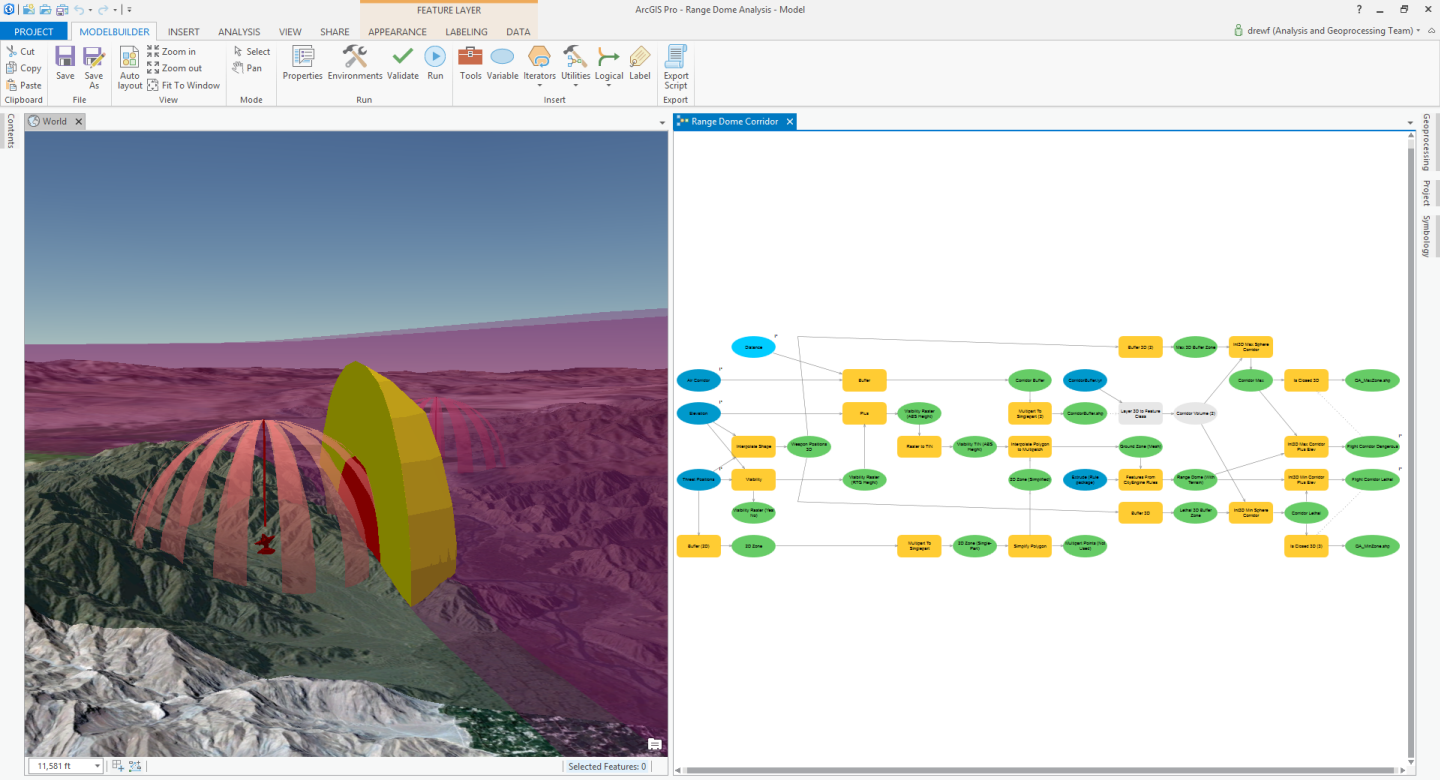
Analysis Geoprocessing In Arcgis Pro Frequently Asked Questions
Arcgis pro 3d scene vertical exaggeration
Arcgis pro 3d scene vertical exaggeration- In ArcGIS Ideas there is an enhancement requested to Support Export of 3D PDF out of ArcGIS Pro which sounds like the requirement that you are trying to meet Consequently, it would appear that exporting to 3D PDF cannot be done by ArcGIS Pro or earlier Share Improve this answer Follow this answer to receive notifications ArcGIS Pro Working with 3D Analyst Extension £ 2 Days Attendee details 1 ArcPro, ArcGIS 3D Analyst supports a complete solution for 3D GIS This course teaches fundamental concepts of 3D GIS as you learn how to visualise, edit, model, and analyse GIS data within a 3D context See notes



Arcgis Pro Gis 3d Model From 3d Cad Model Boston Planning And Development Agency 3d Data Visualization For Urban Design And Planning
Lesson 3 HandsOn Modeling Using SketchUp; The new release of ArcGIS Pro 27 supports directread of Autodesk Civil 3D objects It generates CAD features that are included in a Civil 3D file, it also adds feature classes that are derived from the same content in a different representation The short answer from Esri software developers that I talked to is that unlike existing drone data processing tools on the market, the Orthomapping tools in ArcGIS Pro is mainly designed to generate orthoimage mosaic datasets and digital elevation models, but not really designed to produce 3D models or conduct highly accurate 3D analyses
• Use the 3D Exploratory Analysis tools in ArcGIS Pro • Use the line of sight and viewshed tools to observe the effect s of objects and terrain • Explore spatiotemporal patterns in complex datasets using a 3D space time cube Getting started The analysis scenarios in this lesson are contained in an ArcGIS Pro Project package (ppkx) 1Some visualizations can be made more compelling when they display the detailed 3D model of a building 3D object scene layers store large city models that can be displayed with textures or colors Such data can be modeled in software such as ArcGIS Pro or CityEngine, can be extracted from LiDAR data, and some 3D data has been made available on open data portalsThe Cration of ArcGIS Pro 3D is amazing, better view and understanding of the proper model It is easy to create and use for any Planning as well as Business purpous In this Tutorial Learn ArcGIS Pro 3D – Convert a Map to a Scene
One of my favourite features of ArcGIS Pro is that it allows for a basemap to be draped over an elevation surface in a 3D scene This allows for a semirealistic 3D scene to be created by draping the highresolution ESRI imagery over a LiDAR digital surface model While you need to have your own LiDAR The most efficient way to import 3D files into ArcGIS Desktop and/or ArcGIS Pro is through use of the Import 3D Files (3D Analyst) geoprocessing tool Simply point to one of the supported input file formats and specify an output feature class location This tool converts imported 3D models to multipatch to be stored in either a file geodatabaseMany 3D models are generated using local coordinate systems that center the XYZ axis on 0, 0, 0 Such features can be georeferenced to realworld coordinates using one of the following methods If the 3D models need to be rotated and shifted, consider performing spatial adjustment techniques to position the features properly
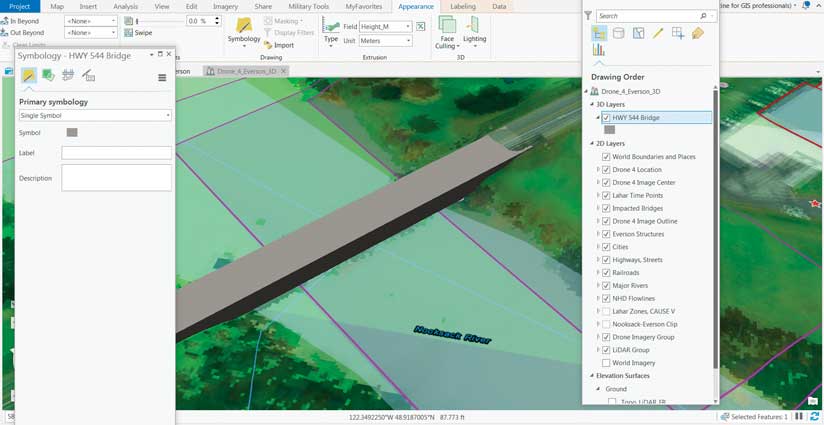



3d Modeling With Arcgis Pro




Arcgis Pro Esri Eastern Africa
ArcGIS Pro Analysis and Geoprocessing Essentials (May 18) Finding Optimal Locations Suitability Modeling in ArcGIS Pro (February 17) Space Time Pattern Mining A New Frontier in Spatial Analysis (September 16) Modeling the Unknown Spatial Interpolation with ArcGIS Pro (May 16) Going Deeper with Data Analytics Using ArcGIS Pro and RIn some cases, 3D models may not be georeferenced, which can cause issues when integrating with GIS data that is projected and exists in coordinate space However, ArcGIS Pro 22 has tools to update and fix unreferenced models using 3D g eoreferencing tools that make proper adjustments within the applicationShows how you can create 3D Maps using ArcGIS Pro, Esri's newest Desktop GIS ApplicationHelp us expand our content and improve quality by becoming a patron




Creating Rule Packages Rpks For Arcgis Pro And Cityengine With Cga Youtube
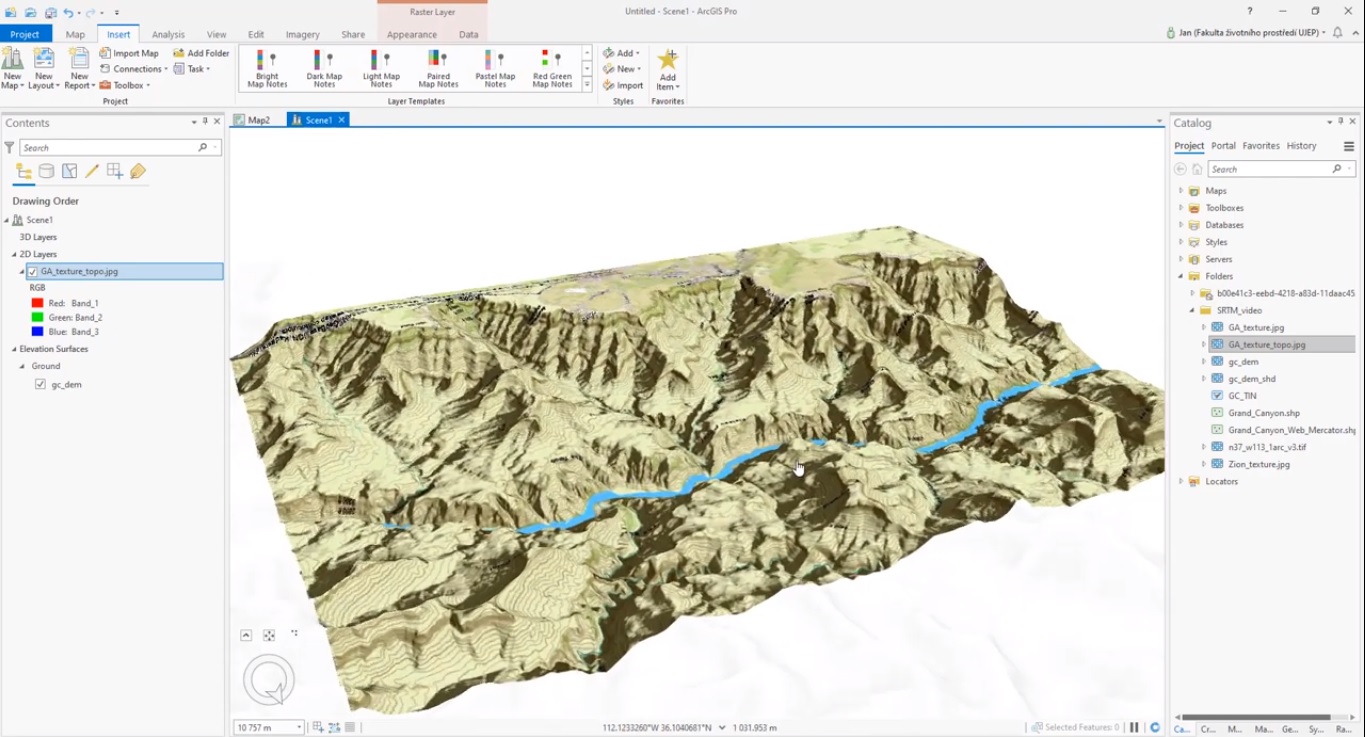



How To Create Hillshade Rasters And Tins With Arcgis Pro
I want to know if it is possible to construct a 3D structural model for a certain area using "Midland Valley Move software" by utilizing boreholes only View Holes in Digital elevation modelLesson 1 Introduction and Overview of 3D Modeling and Virtual Reality;Only select "Y is Up" if your 3D model was exported from a package wich uses Z is up Click on "Run" at the lower right of the pane After it is finished ArcGIS Pro will have created one multipatch feature which can be located on the Contents Pane on the left Choose the multipatch layer, right click on the layer and choose properties
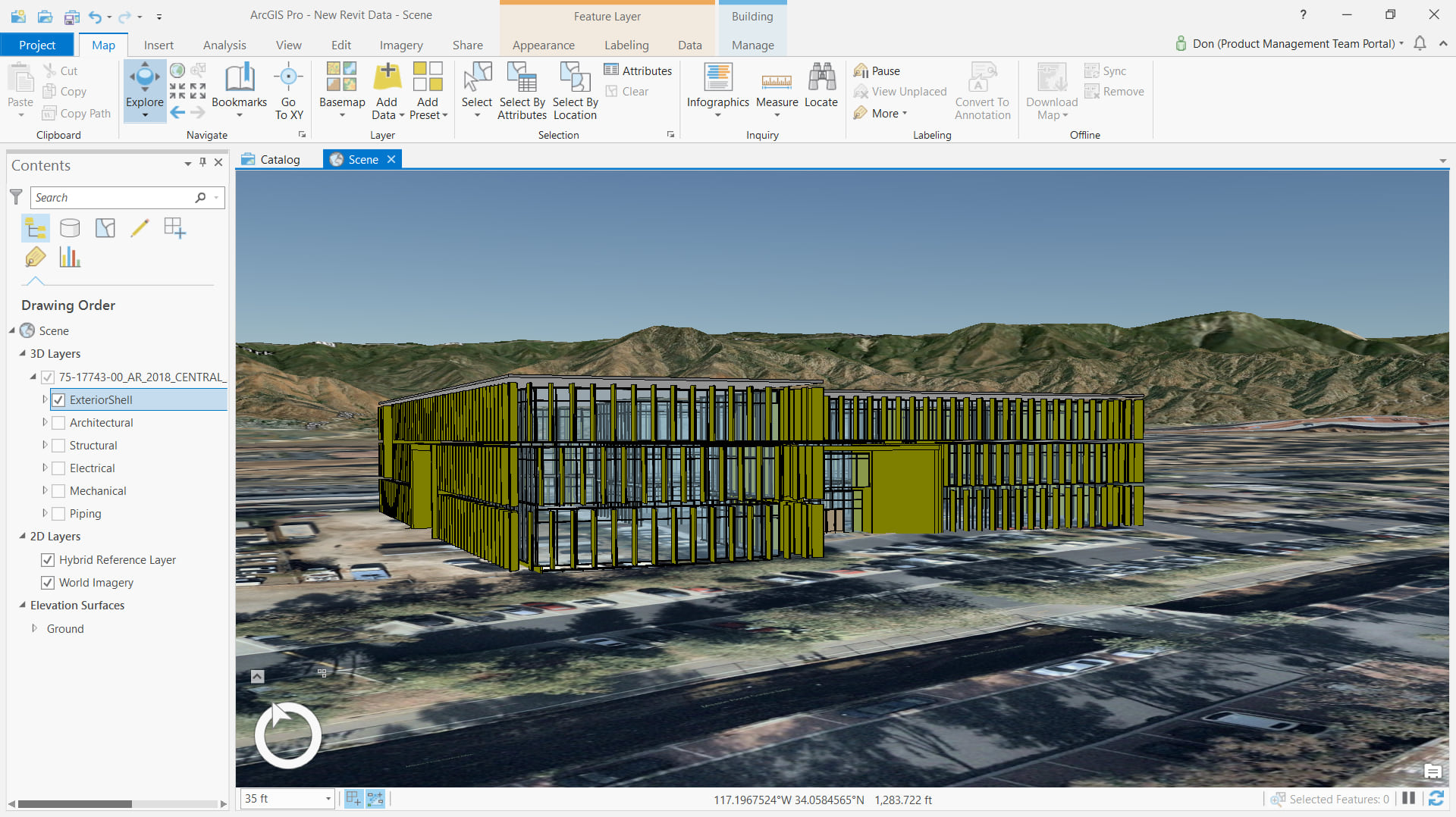



Coordinates In Revit For Use In Arcgis




Three Dimensional Visualization Of Lod 3 In Arcgis Pro Download Scientific Diagram
GP tool and process for Batch Processing 3D models directly from ArcGIS Pro to ArcGIS OnlineUse Add Surface Information with your polygon as input feature class and the corresponding TIN as input surface Check "SURFACE_AREA" as output property The 3D area is then added in a new field to your polygon feature class' attribute tableLesson 4 Introduction to Procedural Modeling;
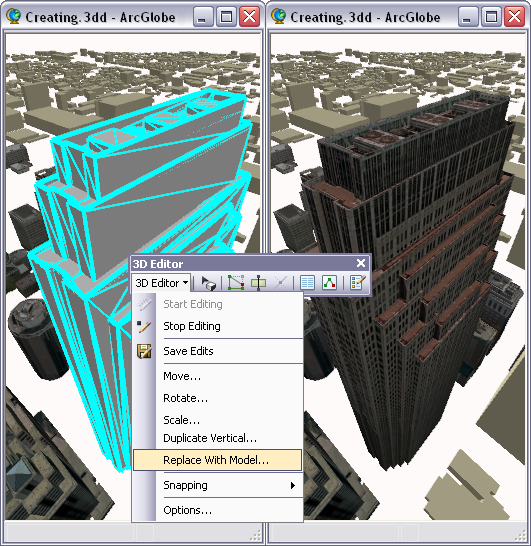



Creating Textured Buildings From Models Arcmap Documentation




What Makes Arcgis Pro So Pro
ArcGIS Pro Editing –Overview •Provides tools that allow you to maintain, update, and create new dataModify feature geometry, create new featuresAdd and update feature attributes•Supports editing features in 2D maps and 3D scenesView and edit features at their true elevationConstruct features on surfaces and at a constant elevation•Edit multiple workspaces simultaneously3D GIS The world is not flat and you are no longer limited to abstraction Use 3D to see your data in its true perspective, to make better decisions, and to communicate your ideas more effectively and efficiently ArcGIS Desktop leads the way in 3D GIS ArcMap Help ArcGIS Pro Help ArcGIS Pro users benefit from compatibility with a wide variety of data formats when importing and integrating smart 3D models into existing GIS datasets For subsequent visualization, the 3DConnexion SpaceMouse is a wellproven device, allowing simple and intuitive 3D navigation within ArcGIS Pro




Contextcapture Improves Quality Of Reality Modeling Within G Reliabilityweb A Culture Of Reliability
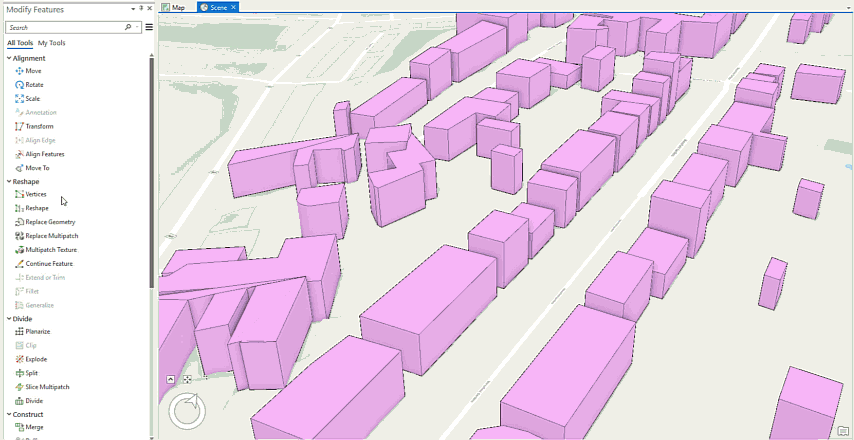



2d To 3d In Arcgis Pro Resource Centre Esri Uk Ireland
As you become more comfortable with ArcGIS Pro 3D capabilities, you can use your own local terrain, vector data, and images to create new scenes Summary This is the final article in the CAUSE V series that started by modeling lahar travel in ArcGIS Network Analyst Then highresolution drone imagery was georeferenced in local coordinate space ArcGIS Pro enables the creation of raster surface models (Digital Elevation Models and derivatives such as a Digital Surface Model) from lidar point cloud data Digital Elevation Models and derivatives such as Digital Surface Models and Digital Terrain Models are often derived from stereo imagery However, they can also be generated using point cloud dataIf you have 3D Analyst, this works for individual polygons Create a TIN using your polygon;




Arcgis Tutorial Arcgis Pro 3d Tutorial Youtube



3d Public Works Group Blog
Generate 3D models from 2D data View, create, and share 3D scenes in your browser Spatial Analysis Understand and measure impact on natural and manmade systems Capabilities ArcGIS Pro Data management, analysis, and publishing of 2D and 3D scenarios ArcGIS Online / Portal ArcGIS for Local Government solution templates ApplicationsExporting 3D Model from ArcGIS Pro I'm working with ArcGIS Pro at the moment, which has been fantastic at rendering a nice city view using aerial imagery and a DEM from a council REST source, and the ArcGIS DEM for everything the council DEM doesn't cover 3D geological models incorporate geological models, wireframes, or grade shells from Oasis montaj or Leapfrog Collaborate in the Cloud ArcGIS Pro users can share Projects, Maps, or
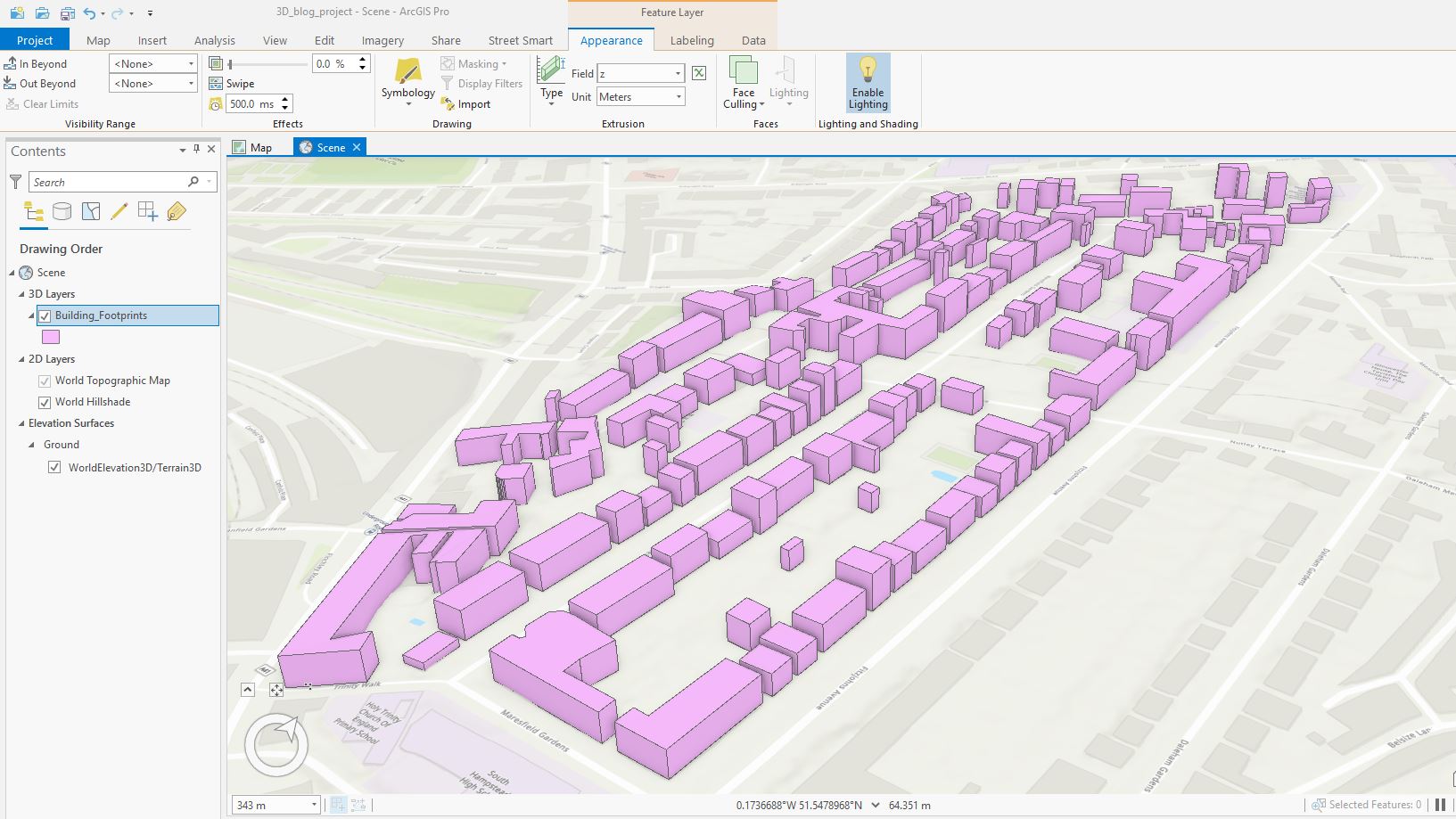



2d To 3d In Arcgis Pro Resource Centre Esri Uk Ireland




Shows The Modeled Flight Path In Arcgis Pro After The 3d Imagery Has Download Scientific Diagram
Use the Types style for a 3D object layer with either text or numeric attributes Similar to the 2D Types and 3D Types styles, use the Types style when you want to color buildings uniquely based on an attribute, such as zoning Follow the steps in the change the layer style workflow Modify the Types categories Interested in 3D geological modeling with ArcGIS?Open ArcGIS Pro and start a new project (***Note*** You will require the 3D Analyst Extension or the Spatial Analyst Extension in order to carry out most of the steps in this tutorial) When I start a new ArcGIS Pro project I like to create a new connection to the directory/folder where the LiDAR or other data is stored to speed up the access to the data and reduce the number of files I have




Las Building Multipatch 3d Analyst Arcgis Pro Documentation




How To Link And Sync 2d And 3d Views And Scenes In Arcgis Pro Youtube
UC An Introduction to Using BIM Data from Revit in ArcGIS Pro Building Information Models (BIM) are attributerich digital models of buildings and infrastructure ArcGIS Pro can now help you not only visualize this information, but also access the rich attributes and 3D content in your GIS by directly reading Autodesk Revit filesExport the model to a new 3D format ie 3Ds or OBJ Step 1 Open ArcMap and begin a new blank project Once you ar in your new project click the "Add Data" button highlighted in yellow in the image below Step 2 Next, you need to point to a SHP file for ArcGIS This program is stuck in the dark ages and requires that you "map" the 2D to 3D in ArcGIS Pro 3D 5th February Taking your 2D data from a map and throwing it into a 3D scene increases the realism, which can make it easier for the audience to interpret and make the comparison to the realworld equivalent The Esri Geospatial Cloud has seen an accumulating wealth of 3D capabilities and functions added across



3d Visualization Of Vector And Raster Layers With Arcgis Pro




Introducing Arcgis Pro Arcgis Pro Documentation
ArcGIS is 3D Add dimension to your data Create the asbuilt environment or conceptualize your vision Extract value from your raw data to solve problems and understand the big picture Use 3D models and data visualizations to see patterns, trends and nonobvious relationships Share ideas, concepts and your work with others in 3DToday, ArcGIS Pro from Esri is the most modern and advanced desktop GIS product and is used worldwide for the capture, processing and analysis of highresolution 3D data The Software ArcGIS Pro from Esri meets all requirements for the efficient display and processing of GIS, BIM, LiDAR and photogrammetric geodata in a fully integrated 3Dstereo work environment with anTake a look at two new tools developed to make borehole and faults modeling easier The first tool allows one to model boreholes in 3D in ArcScene, based on their geometrical characteristics (coordinates, azimuth, dip)




Terrain Tools For Arcgis 10 3 And Arcgis Pro Blog Gis Territories




Draping Esri Imagery Over A Lidar Surface In Arcgis Pro And How It Compares To Google Earth Behind The Map
Lesson 2 3D Modeling and VR Workflows; ArcGIS Pro users can create DEMs and derivates with imagery files containing height information For example, ArcGIS Pro offers access to the World Elevation Services when creating a new 3D Scene as a default data source for displaying elevation data It's also possible to bring in other elevation data with a different resolutionExplore, analyze, and symbolize your data in 3D using ArcGIS Pro



Analysis




What S New In Arcgis Pro 2 8 Arcgis Pro Documentation
Creating 3D Data Using ArcGIS Data that stores 3D geometry opens up powerful possibilities for advanced 3D analysis This course teaches how to use ArcGIS 3D Analyst tools to create 3D data to model surface and subsurface terrain and phenomena Learn MoreSection One Create a Map of University Park CampusSome visualizations can be made more compelling when they display the detailed 3D model of a building 3D object scene layers store large city models that can be displayed with textures or colors Such data can be modeled in software such as ArcGIS Pro or CityEngine, can be extracted from LiDAR data, and some 3D data has been made available on open data portals
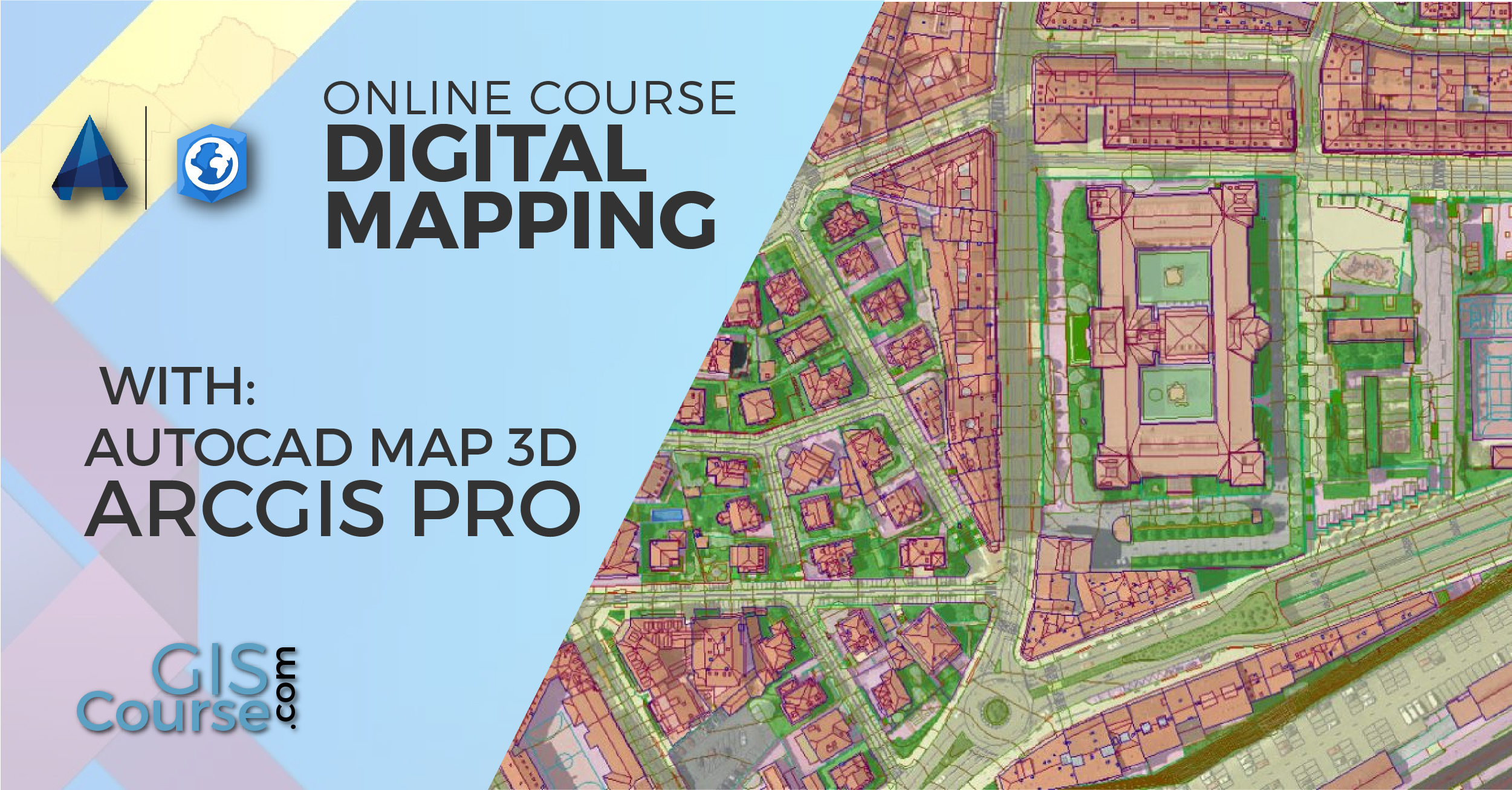



Digital Mapping With Arcgis Pro And Autocad Map 3d Course




Turning Seismic Data Into A Voxel Layer In Arcgis Pro Exprodat
The use of relatively simplistic 3D models is recommended for display and analysis in ArcGIS Note that 3D models with very large volumes of textures or highly complex geometries may not import or display in ArcGIS You can further scale, move, or rotate the multipatch features using interactive editing techniques The model for these markers can be derived from either builtin 3D symbols, or importing custom 3D symbols in ArcGIS Pro Procedure The instructions provided describe two methods to use 3D shapes as marker symbols in an ArcGIS Pro scene view, either using builtin symbols, or importing custom symbolsAdd a model file To add a model to a scene from the template gallery, click Model File , and click the thumbnail in the gallery You can set the size and orientation of the feature before you add it to your scene Tip To import large 3D model files, consider using the Import 3D Files geoprocessing tool In the Catalog pane, add a multipatch




Intro To Arcgis Pro Asu Events
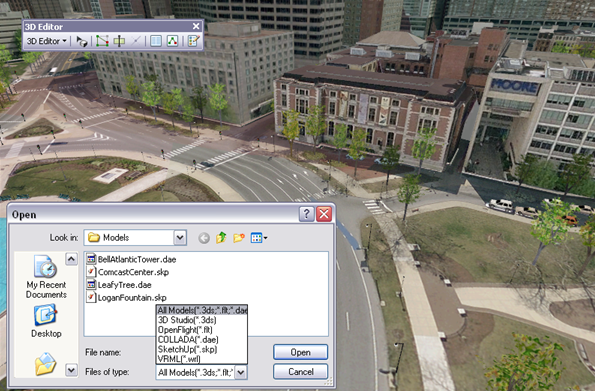



What Is The Arcgis 3d Analyst Extension Arcmap Documentation
Follow the steps below to use the model for classifying power lines in point clouds Add the point cloud dataset in ArcGIS Pro Click the Analysis tab and browse to Tools Click the Toolboxes tab in the Geoprocessing pane, select 3D Analyst Tools, and browse to the Classify Point Cloud Using Trained Model tool under Classification (Deep ArcGIS Pro users benefit from compatibility with a wide variety of data formats when importing and integrating smart 3D models into existing GIS data sets For subsequent visualization, the 3DConnexion SpaceMouse is a wellproven device, allowing simple and intuitive 3D navigation within ArcGIS Pro ArcGIS Pro Screenshot ©proarcgiscom The multipane views in ArcGIS Pro let you compare changes and edit side by side in 2D and 3D ©proarcgiscom With support for the IFC (Industry Foundation Classes) data model and BIM (Building Information Modeling), ArcGIS Pro is the authoring tool for urban design ©proarcgiscom ArcGIS Pro 28




Arcgis Pro Esri Eastern Africa
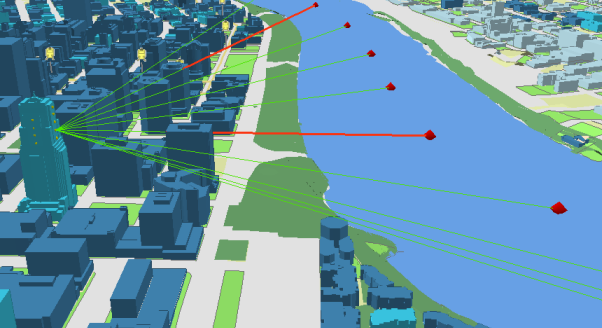



What Is The Arcgis 3d Analyst Extension Arcmap Documentation
Only select "Y is Up" if your 3D model was exported from a package wich uses Z is up Click on "Run" at the lower right of the pane After it is finished ArcGIS Pro will have created one multipatch feature which can be located on the Contents Pane on the left Choose the multipatch layer, right click on the layer and choose properties




Preparing Point Cloud Scene Layers In Arcgis Pro Youtube




Arcgis Pro 3d Voxels Youtube




Creating 3d Maps With Arcgis Pro Youtube




Import 3d Textured Object Into Arcgis Pro Geographic Information Systems Stack Exchange
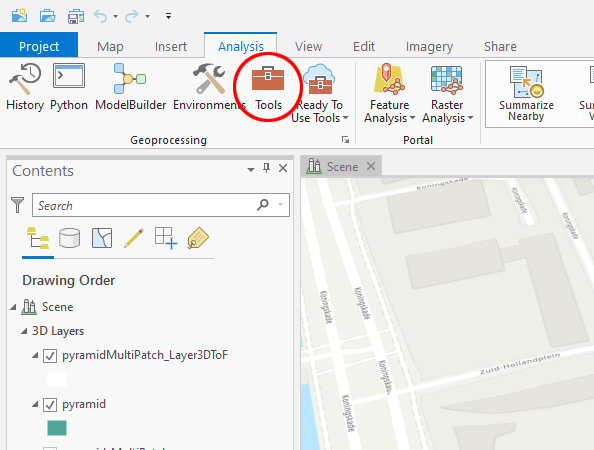



How To Import A 3d Model In Arcgis Pro Tygron Support Wiki
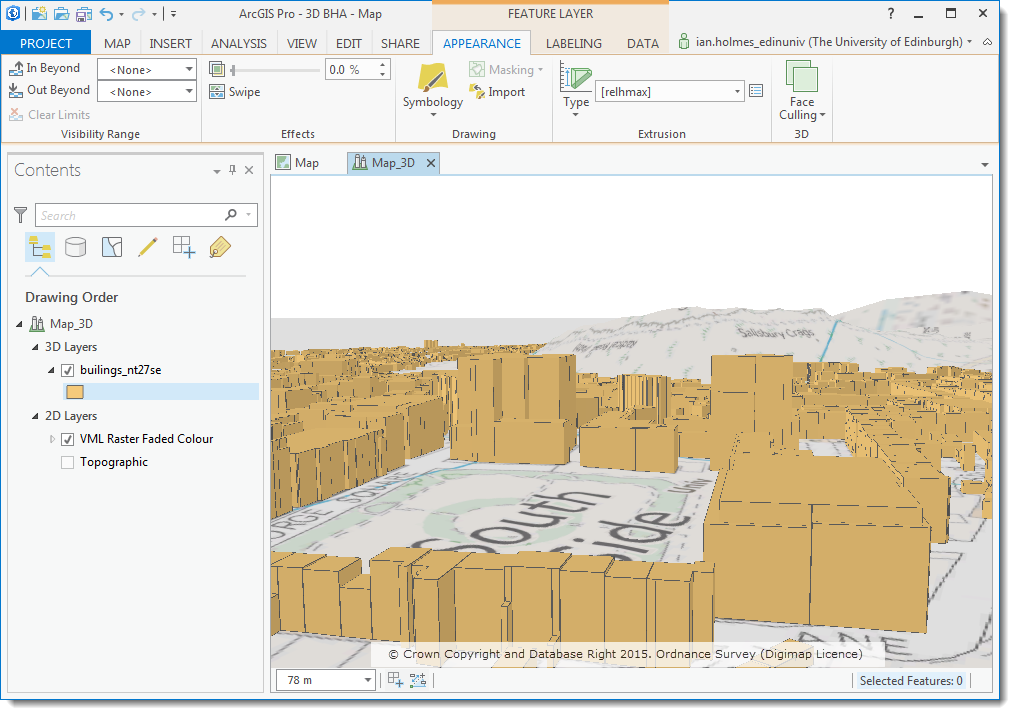



Bha In Arcgis Pro
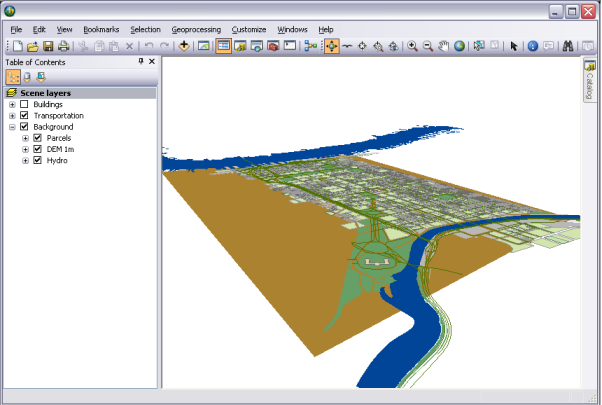



What Is The Arcgis 3d Analyst Extension Arcmap Documentation
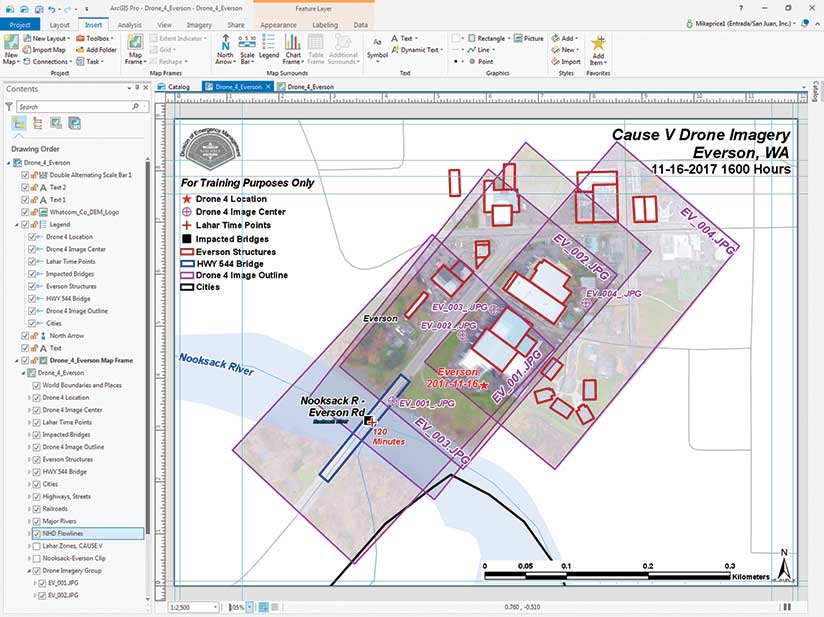



3d Modeling With Arcgis Pro




What Makes Arcgis Pro So Pro




How To Use 3d Shapes As Marker Symbols In An Arcgis Pro Scene View
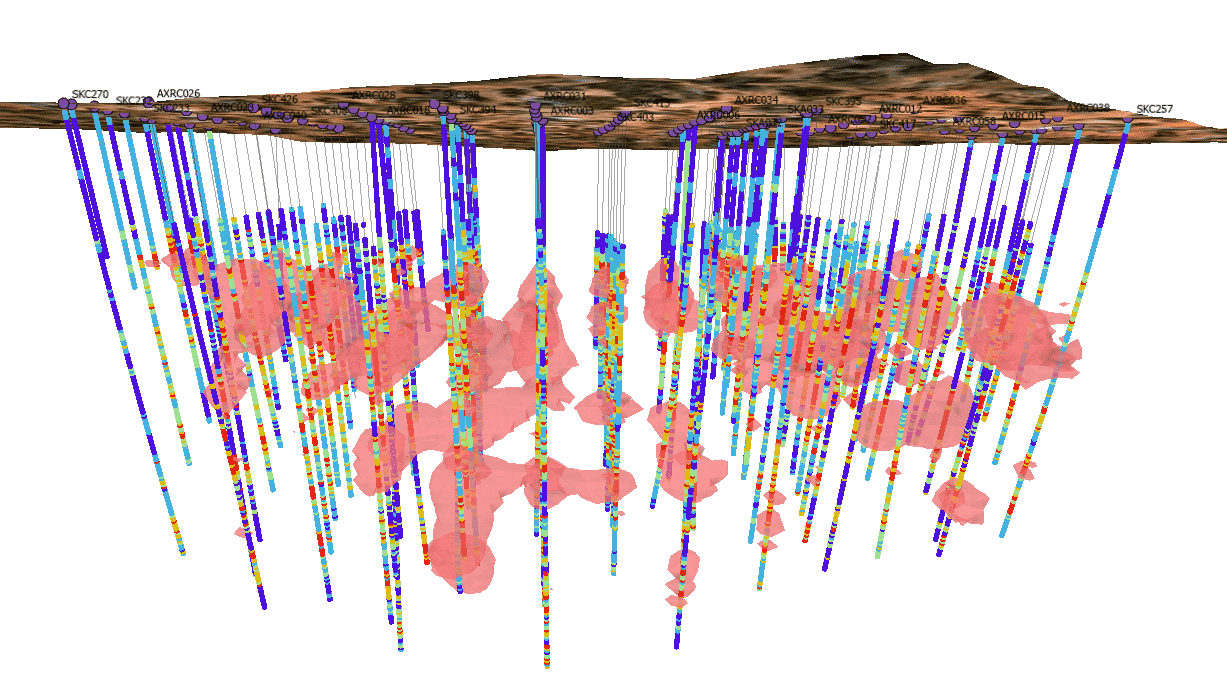



Target For Arcgis Pro Enhances Integration Of Mining And Exploration Data Seequent
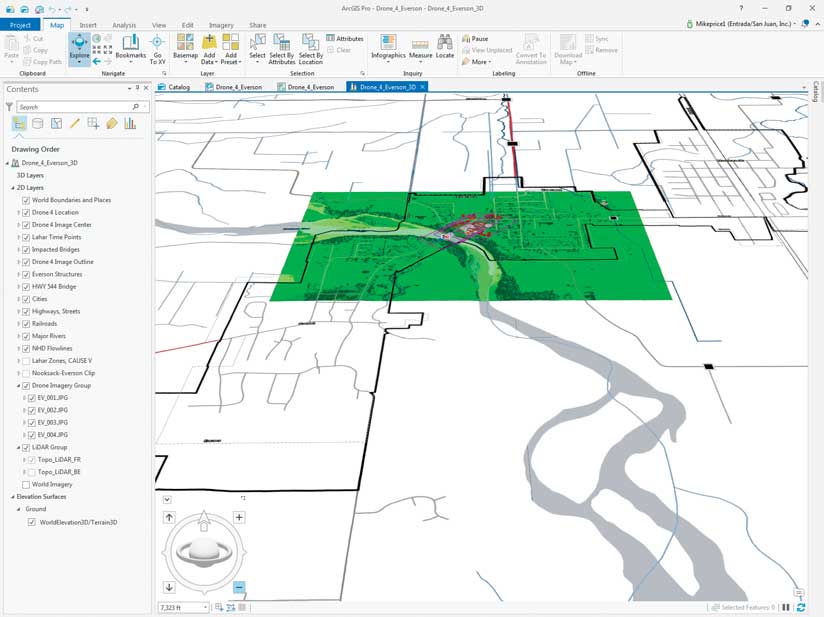



3d Modeling With Arcgis Pro




Analysis Geoprocessing In Arcgis Pro Frequently Asked Questions




Building Scene Layers Arcgis Pro Documentation




When Publishing 3d Image From Arcgis Pro To Online The Textures Are Solid White Instead Of Original Geographic Information Systems Stack Exchange




Convert A Map To A Scene Arcgis Pro Documentation
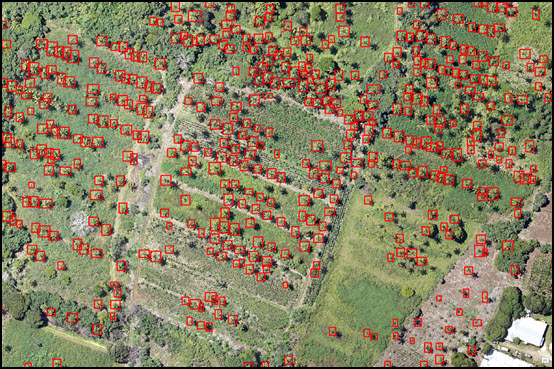



Arcgis Pro 2 3 Introduces New Deep Learning Tools
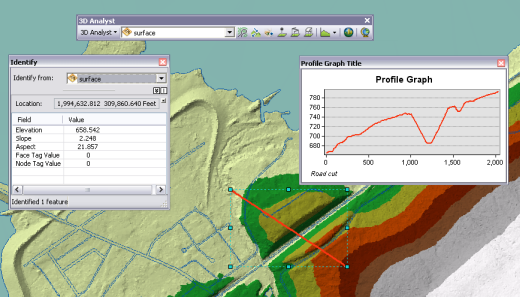



What Is The Arcgis 3d Analyst Extension Arcmap Documentation
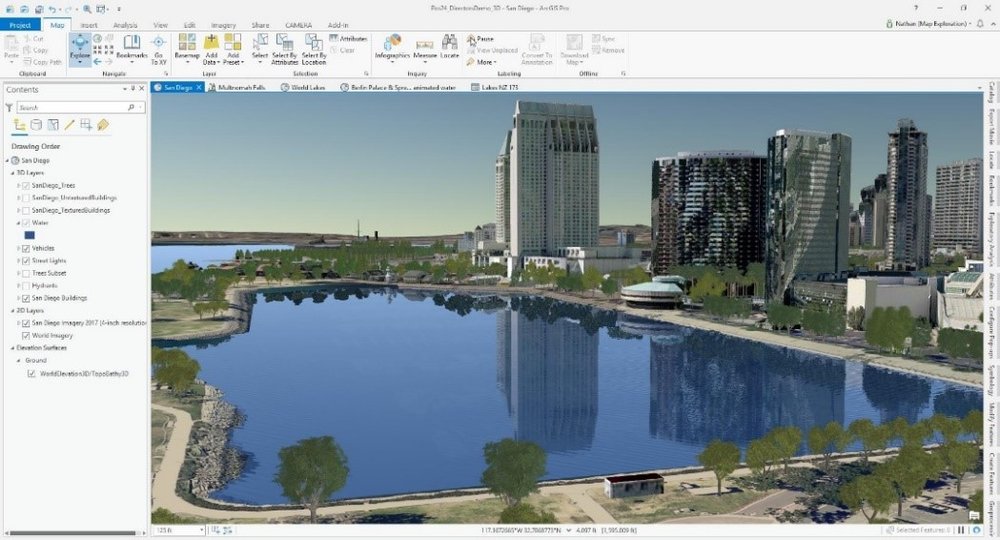



What S New In Arcgis Pro 2 4 Resource Centre Esri Uk Ireland
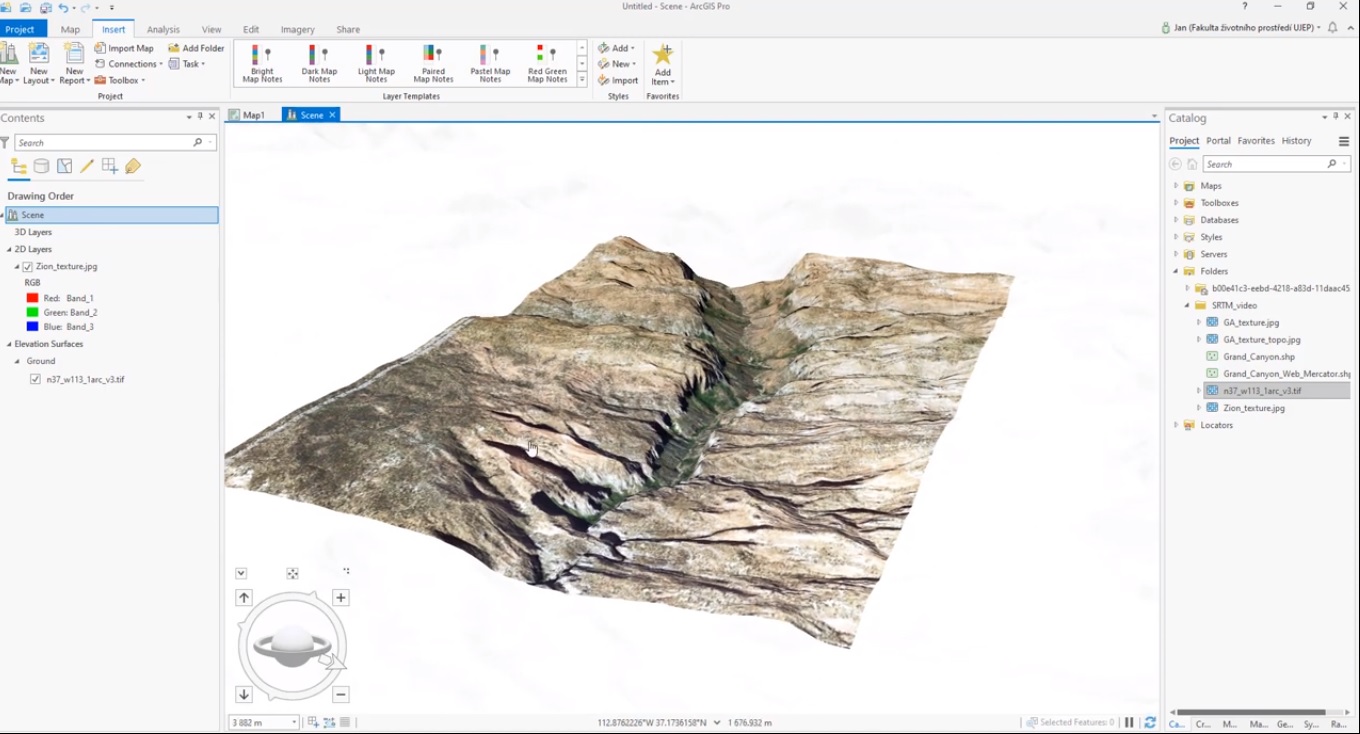



Creating A Digital Elevation Model Dem With Arcgis Pro



2
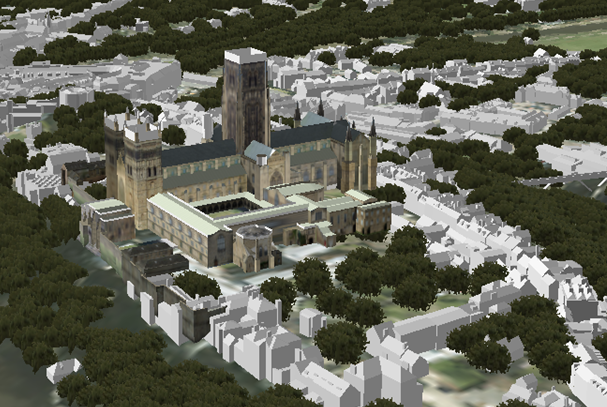



3d For Beginners With Arcgis Pro Resource Centre Esri Uk Ireland
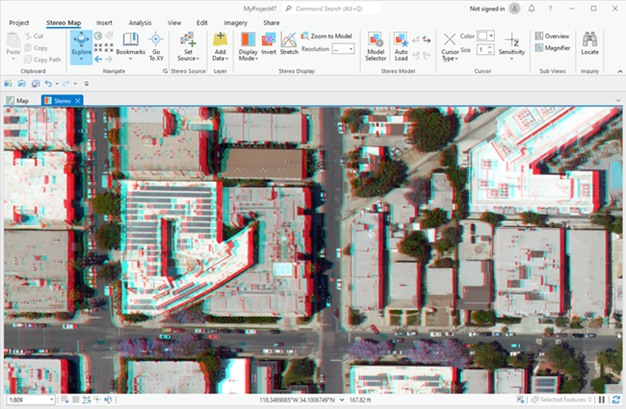



Introduction To The Arcgis Pro Image Analyst Extension Arcgis Pro Documentation




Learning Arcgis Pro 2 A Beginner S Guide To Creating 2d And 3d Maps And Editing Geospatial Data With Arcgis Pro 2nd Edition Corbin Tripp Amazon Com Books
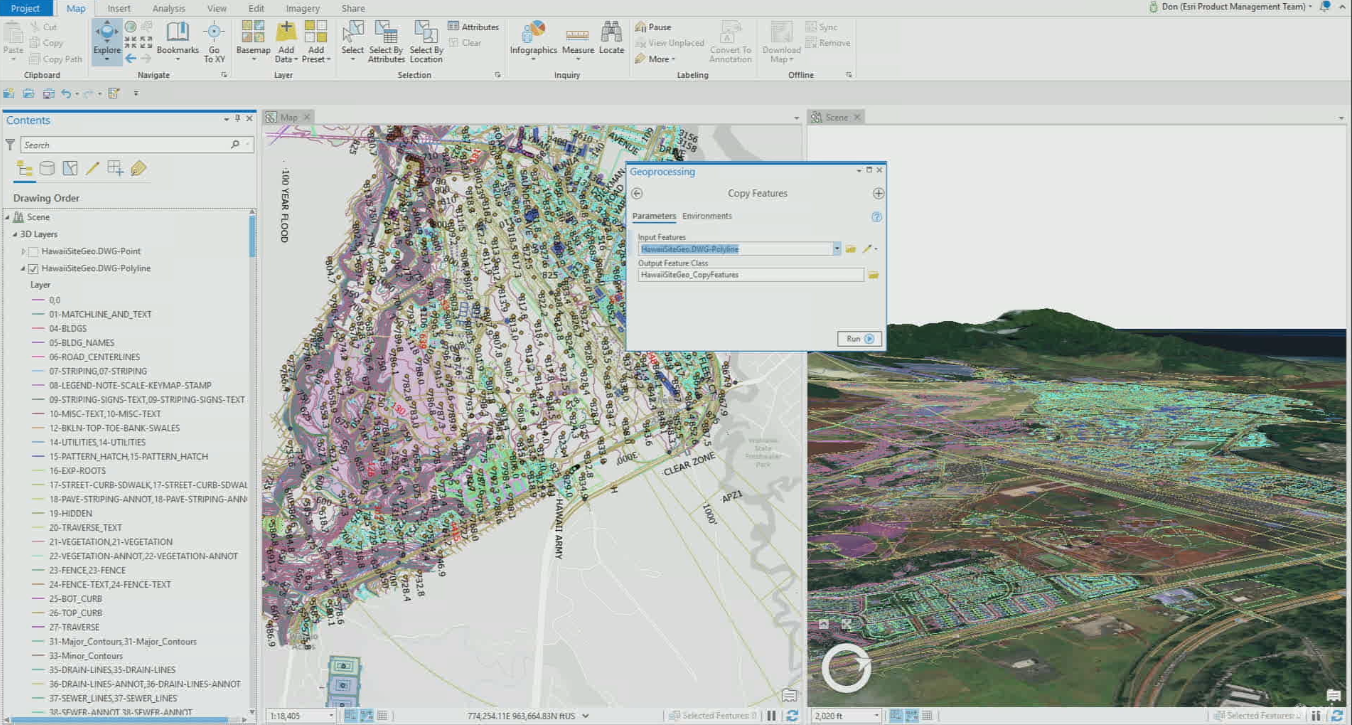



Bringing Cad Data Into Arcgis Pro
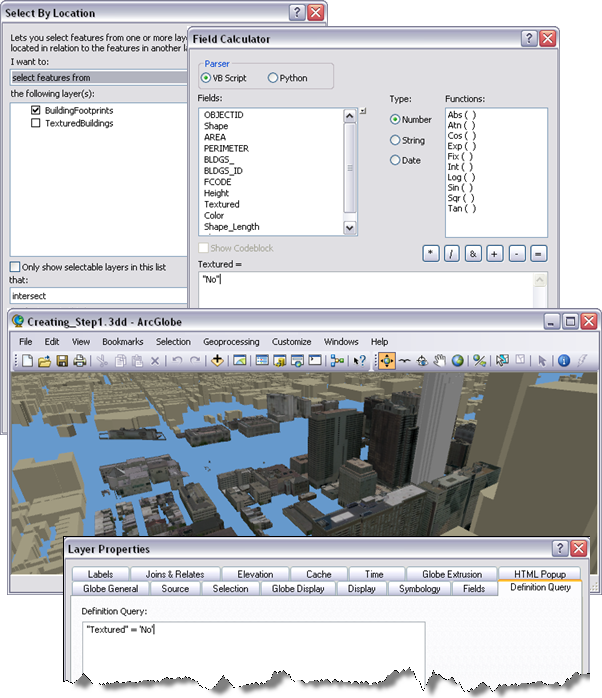



Creating Textured Buildings From Models Arcmap Documentation
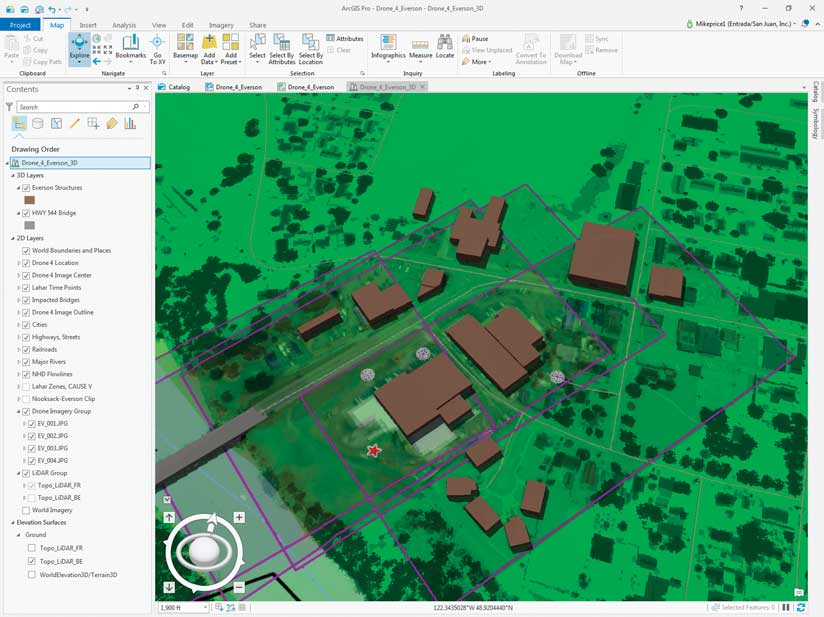



3d Modeling With Arcgis Pro
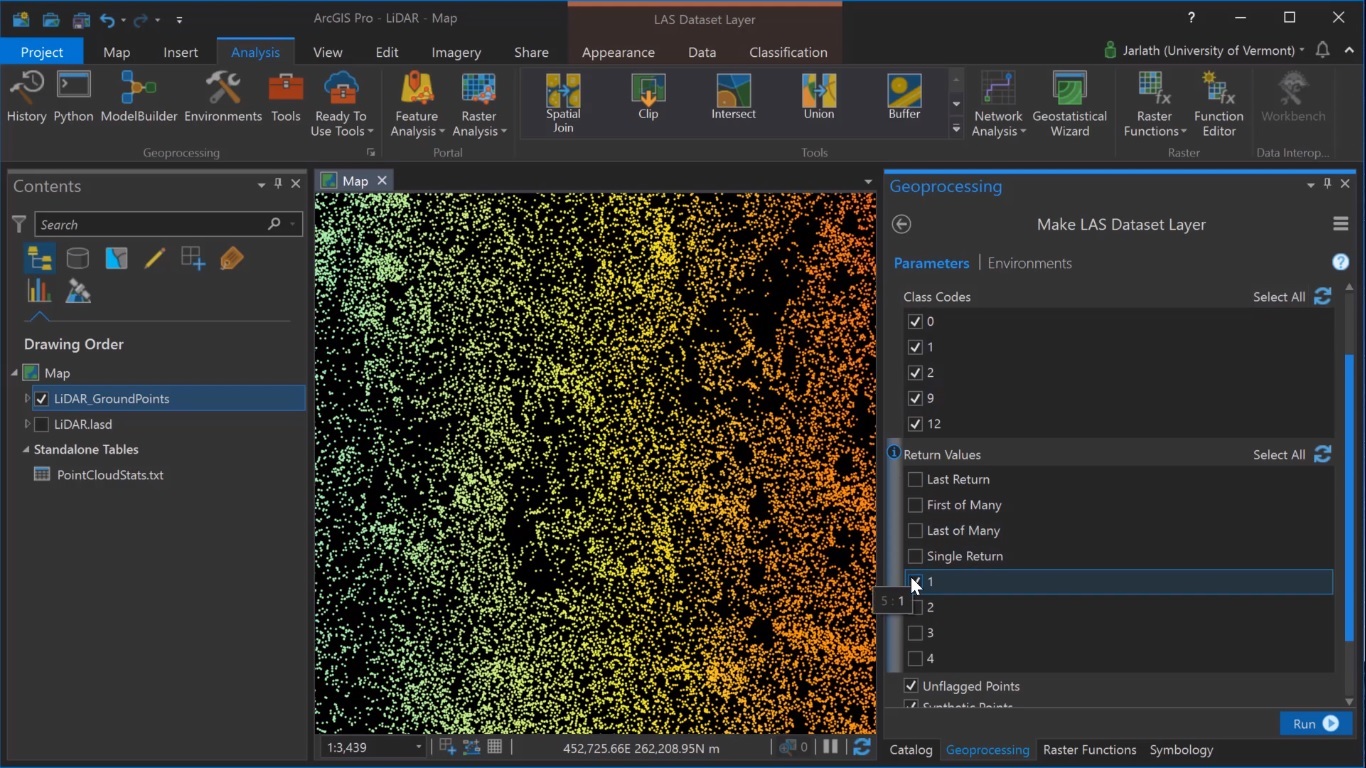



Generating Digital Surface Models From Lidar Data In Arcgis Pro




Amazon Com Learning Arcgis Pro Create Analyze Maintain And Share 2d And 3d Maps With The Powerful Tools Of Arcgis Pro Ebook Gisp Tripp Corbin Kindle Store




What S New In Arcgis Pro 2 1 Arcgis Pro Documentation
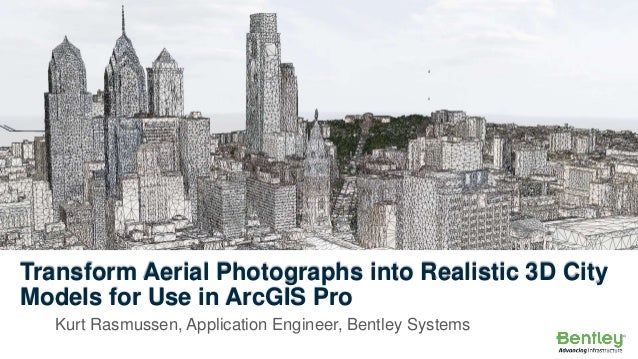



Transform Aerial Photographs Into Realistic 3d City Models For Use In
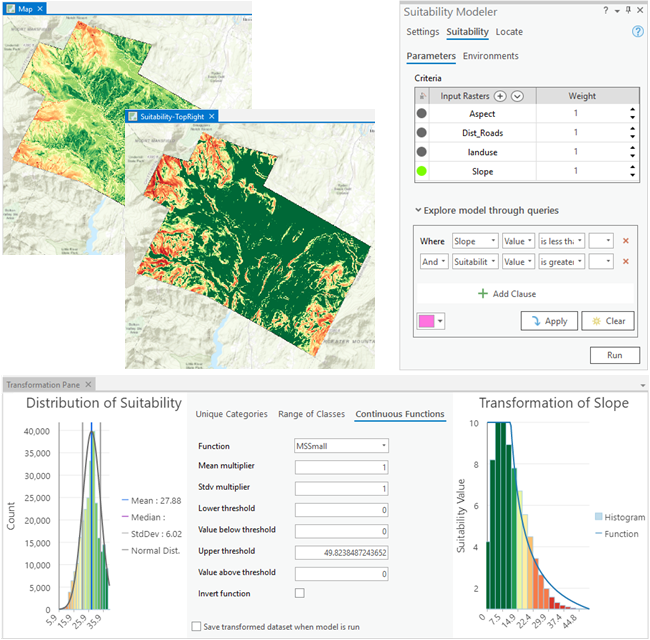



See What S In The Box With Arcgis Pro 2 6 Resource Centre Esri Uk Ireland
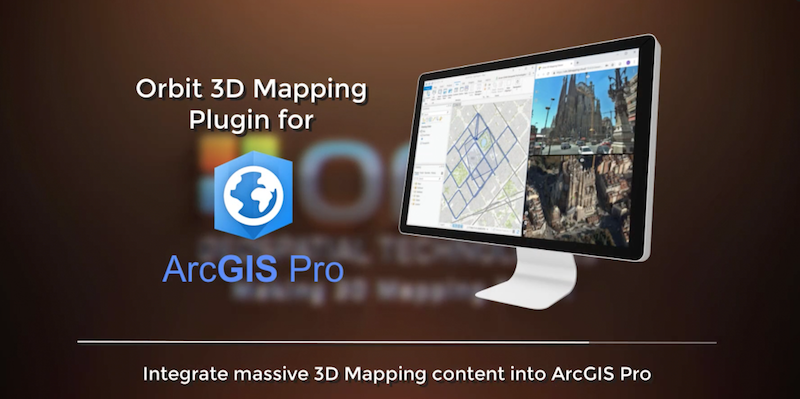



Launching The Arcgis Pro Plugin 3d Mapping Cloud



3d Visualization Of Vector And Raster Layers With Arcgis Pro




Arcgis Pro 2 X Cookbook Create Manage And Share Geographic Maps Data And Analytical Models Using Arcgis Pro 1 Corbin Tripp Ebook Amazon Com




Gis Crack 3d Visualization Of A Satellite Image In Arcgis Pro Facebook



Icon




3d Editen In Arcgis Pro Youtube
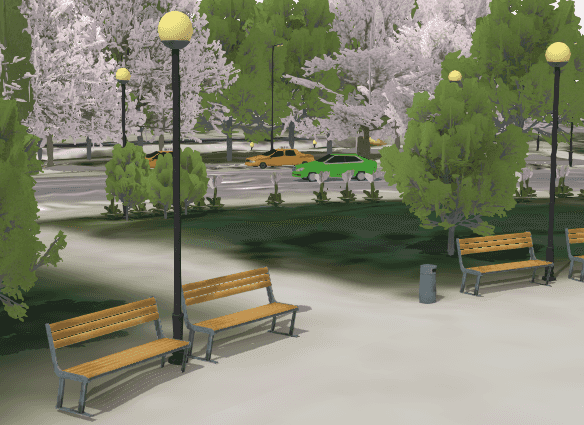



Visualizing Points With 3d Symbols Overview Arcgis Api For Javascript 4 21 Arcgis Developer




Boston Plans Its Future With Gis Based 3d Models Gcn




What S New In Arcgis Pro 2 3 Arcgis Pro Documentation
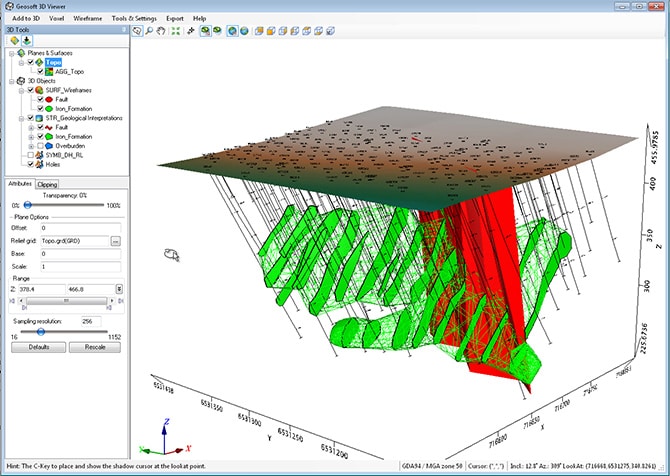



New Tools In Geosoft Target For Arcgis 4 0 Simplify 3d Model Building News Updates




Batch Export 3d Models From Arcgis Pro Youtube



Logo




Slicing Through Complex Geology With Arcgis Pro Youtube




2d 3d Geodatabase Management With Arcgis Pro Download Scientific Diagram



1



Arcgis Pro Gis 3d Model From 3d Cad Model Boston Planning And Development Agency 3d Data Visualization For Urban Design And Planning
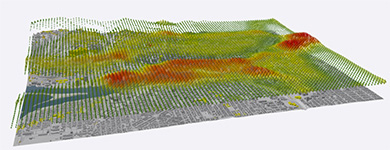



3d Gis Documentation




Import An Arcmap Document Arcgis Pro Documentation
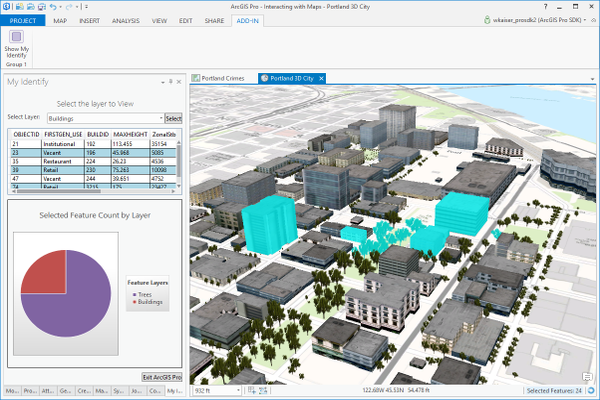



Arcgis Pro Awesome Arcgis




How To Use 3d Shapes As Marker Symbols In An Arcgis Pro Scene View




3d In Arcgis Pro
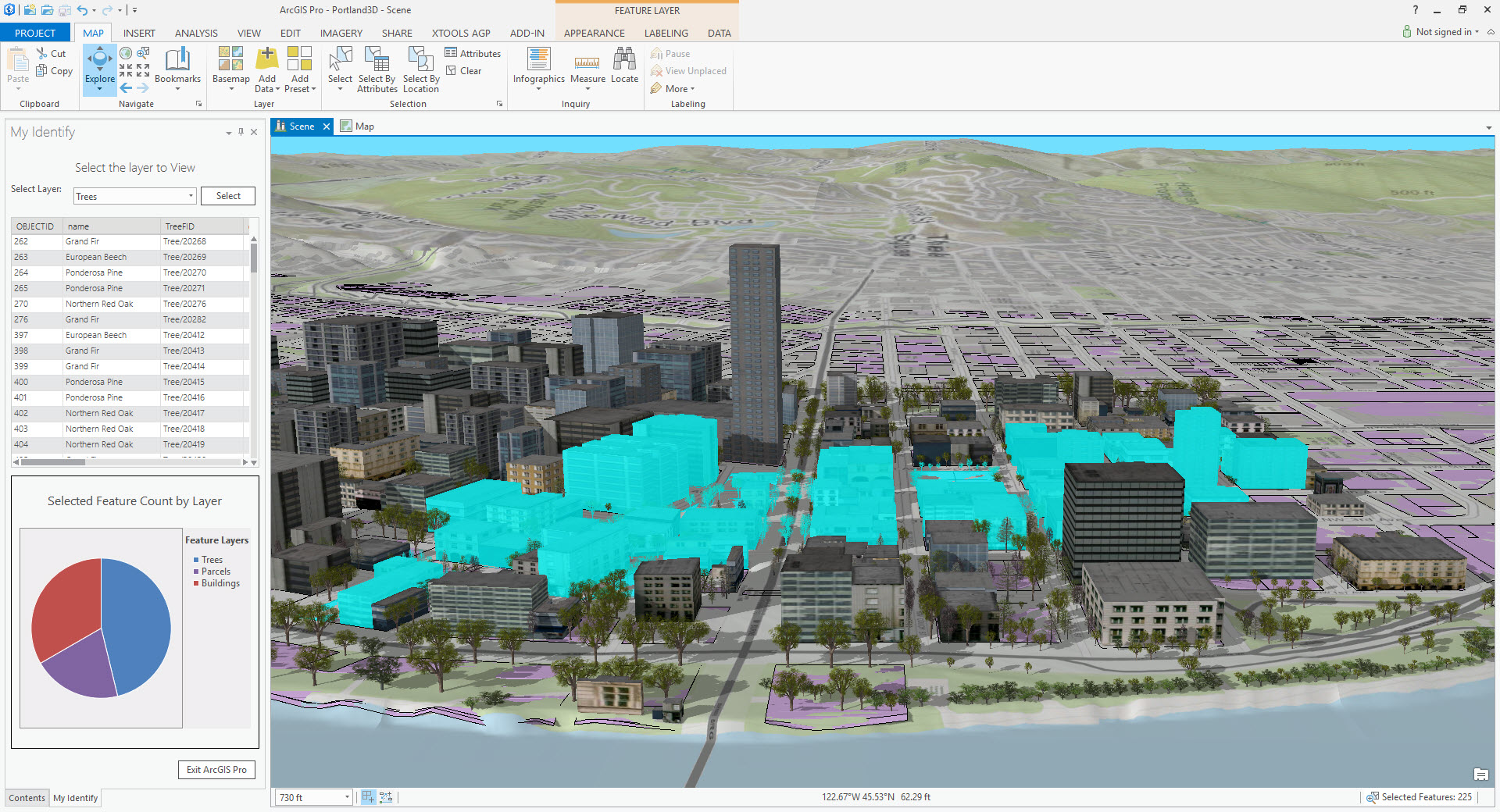



Arcgis Pro Extensibility With Add Ins
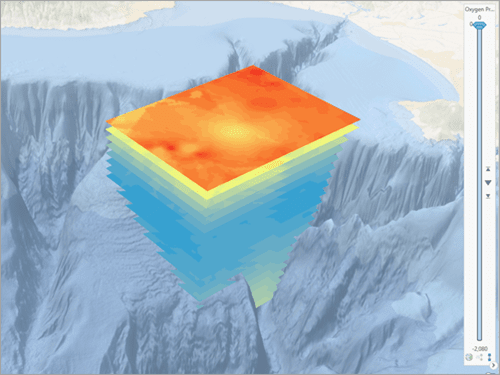



3d In Arcgis Pro
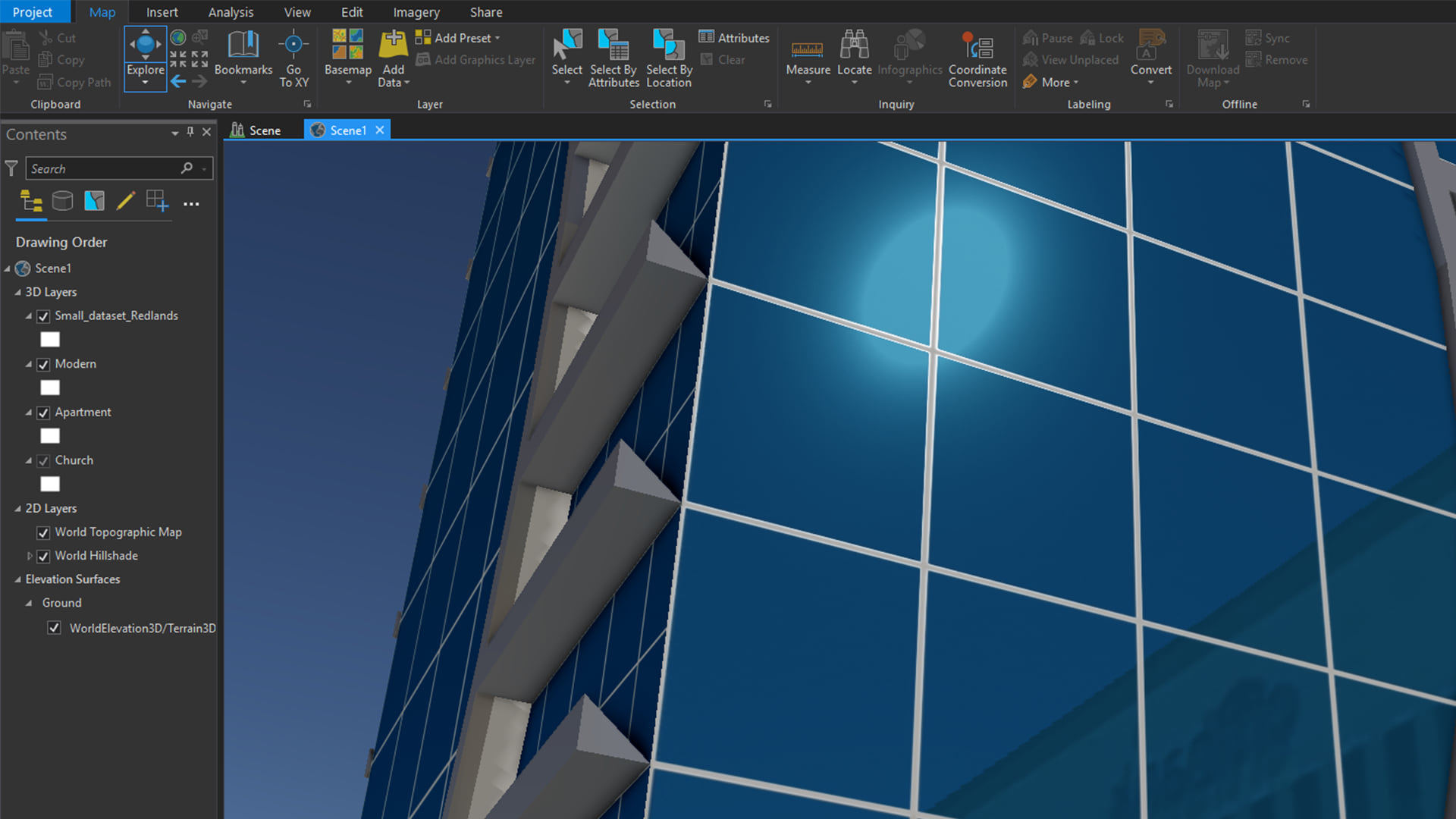



Dive Into Arcgis Pro 2 7
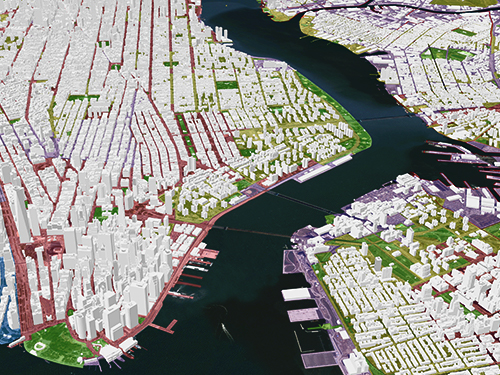



3d In Arcgis Pro
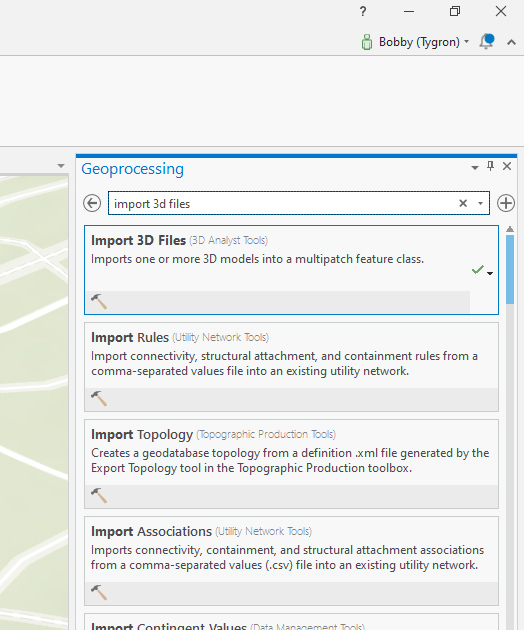



How To Import A 3d Model In Arcgis Pro Tygron Support Wiki




How To Import Create 3d Model Insert Texture In Arcgis Pro Youtube




How To Create And Compare 2d And 3d Scenes In Arcgis Pro Youtube
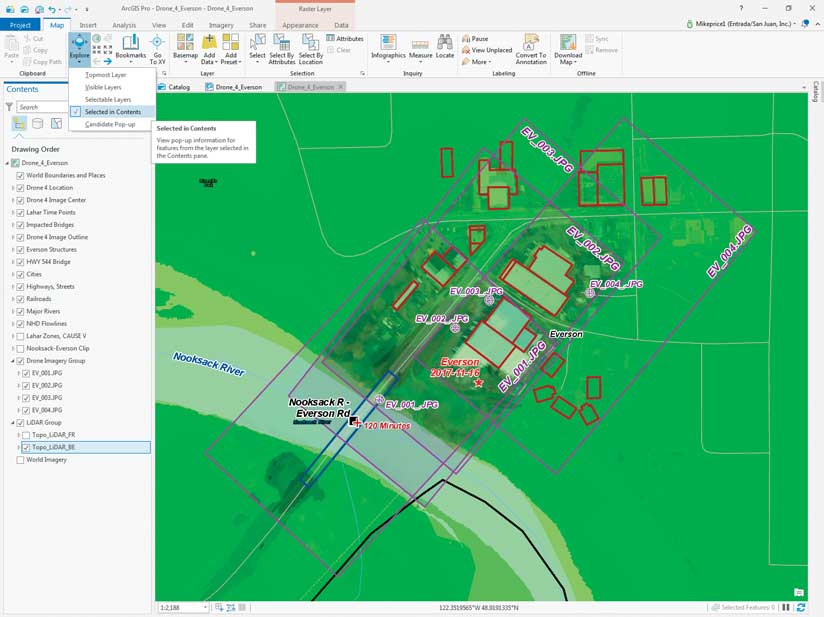



3d Modeling With Arcgis Pro



3d Model Master Of Spatial Analysis The Blog
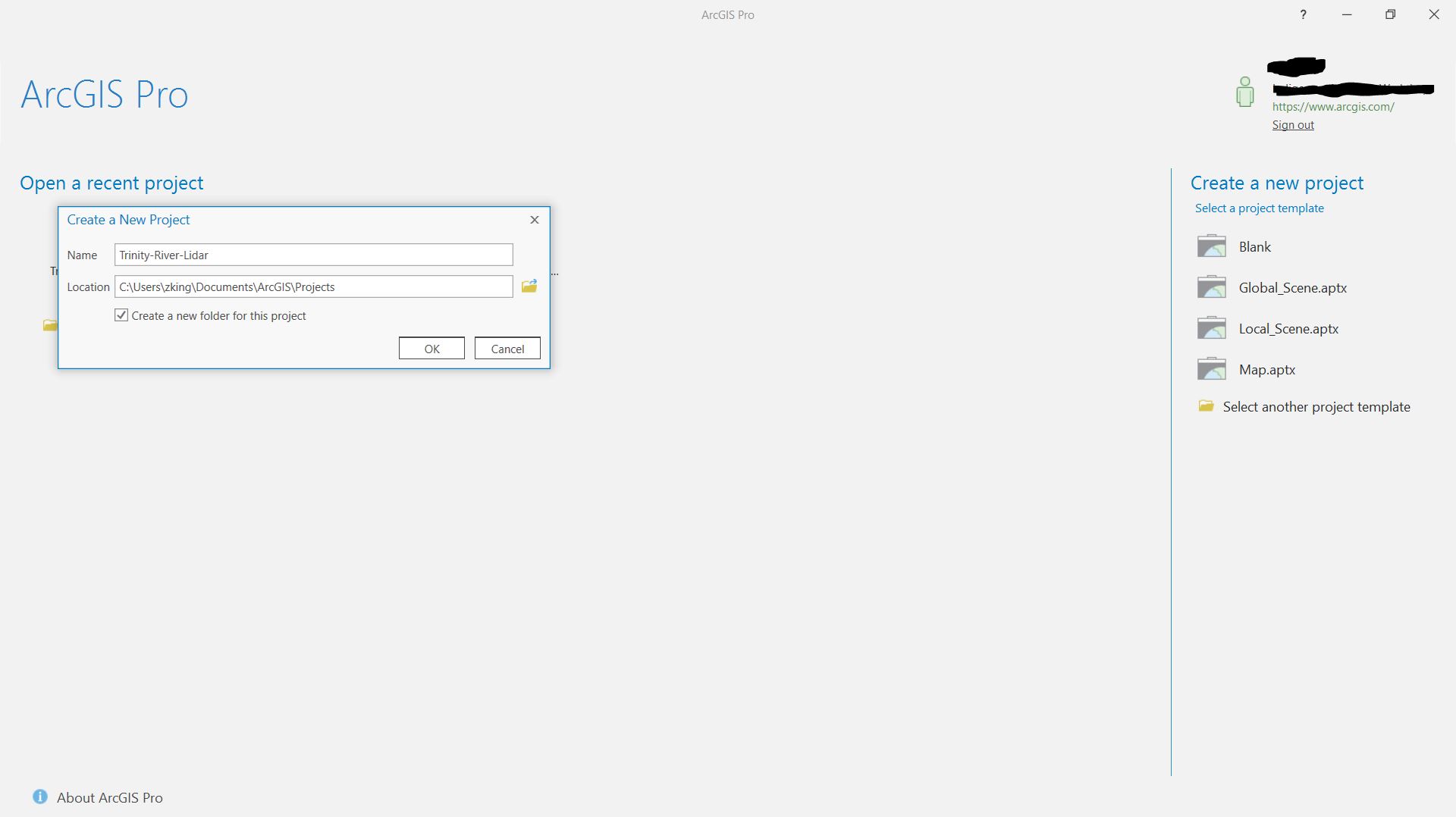



Digital Elevation Model Using Arcgis Pro Tutorial




Working With 3d In Arcgis Pro Youtube
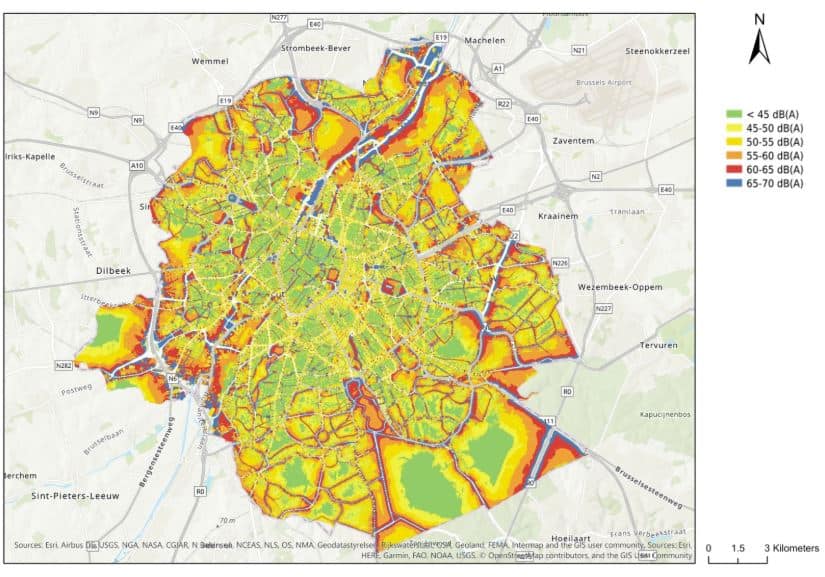



3d Noise Propagation Esri Belux




Using Sharing 3d From Arcgis Pro Youtube
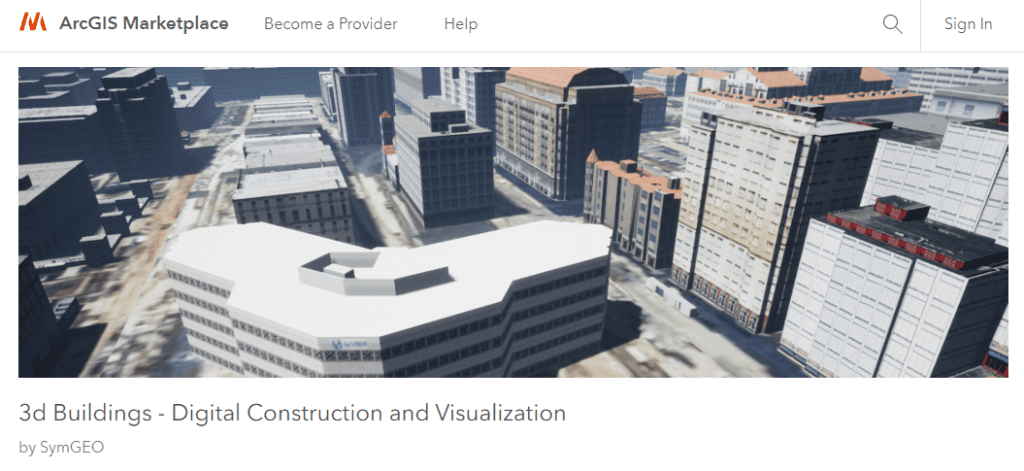



3d Buildings In The Marketplace Symgeo




Arcgis User Seminar Introduction To Unlocking The Value Of Arcgis With Apps And Why Go Arcgis Pro Youtube




Displaying Terrain Datasets In Arcgis Help Arcgis For Desktop




Create Points On A Map Arcgis Pro Documentation
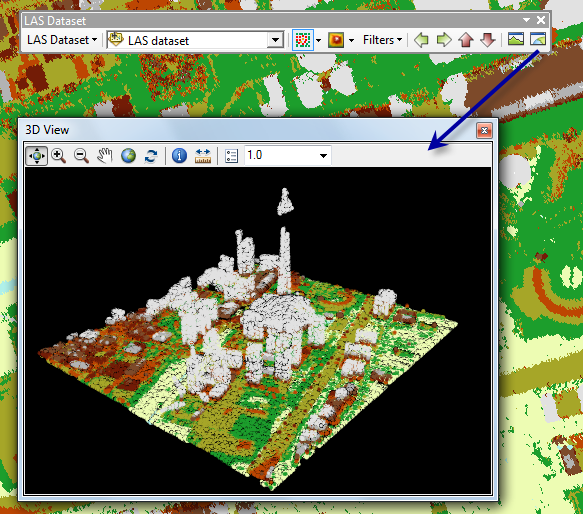



Las Dataset 3d View Help Arcgis Desktop
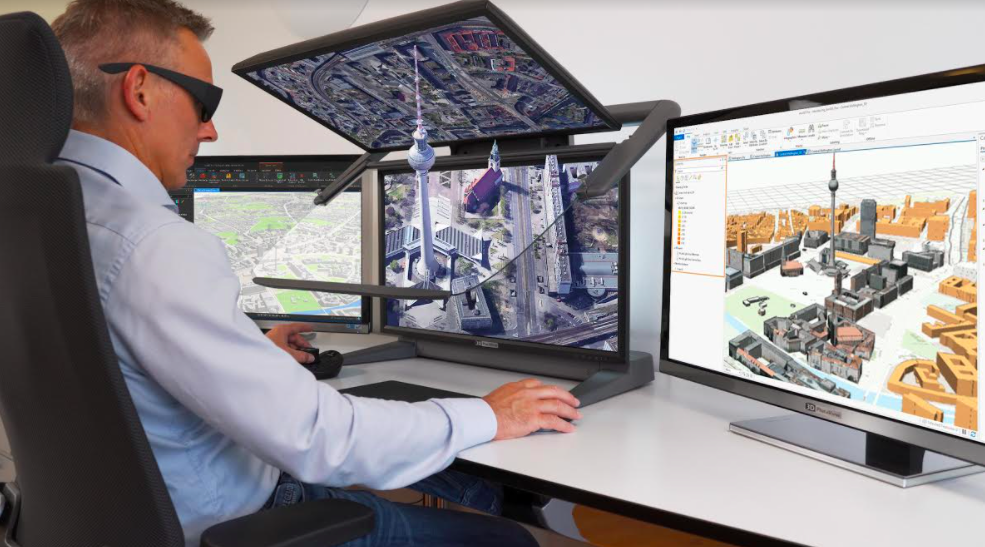



Esri Arcgis Pro Certified For 3d Stereo Visualization With 3d Pluraview Monitors Vr Ar Association The Vrara
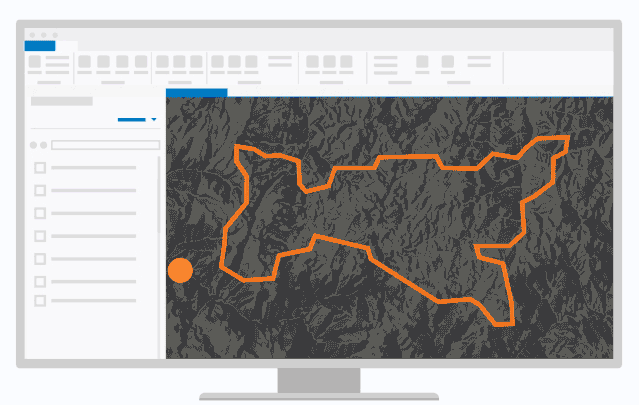



Arcgis Pro Esri Australia




Arcgis Pro 2 2 Now Available Gissat News




Esri Arcgis Pro 2 6 New Functionality Overview



Arcgis Pro 3d Data Visualization For Urban Design And Planning



0 件のコメント:
コメントを投稿